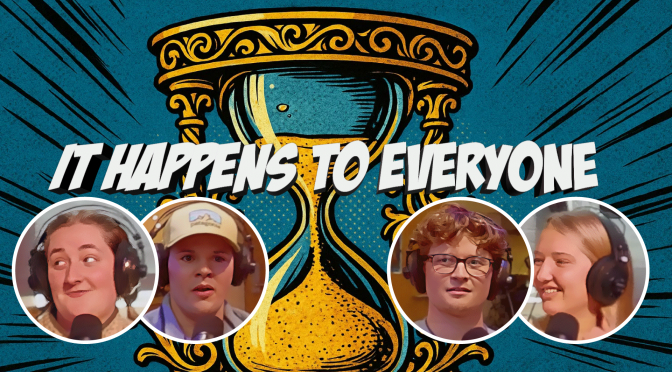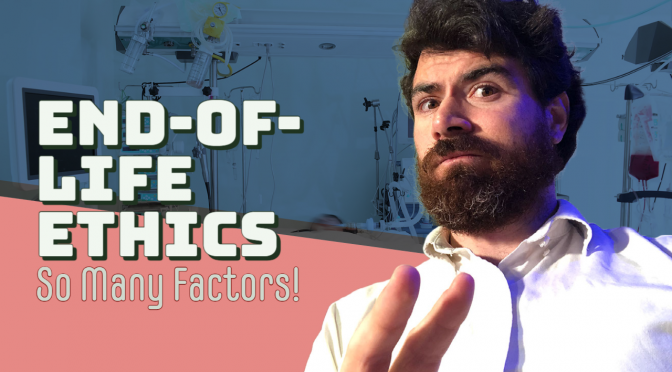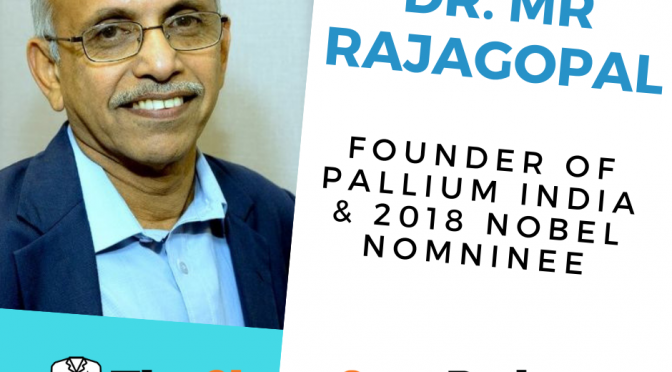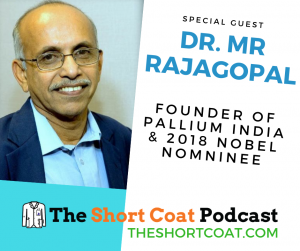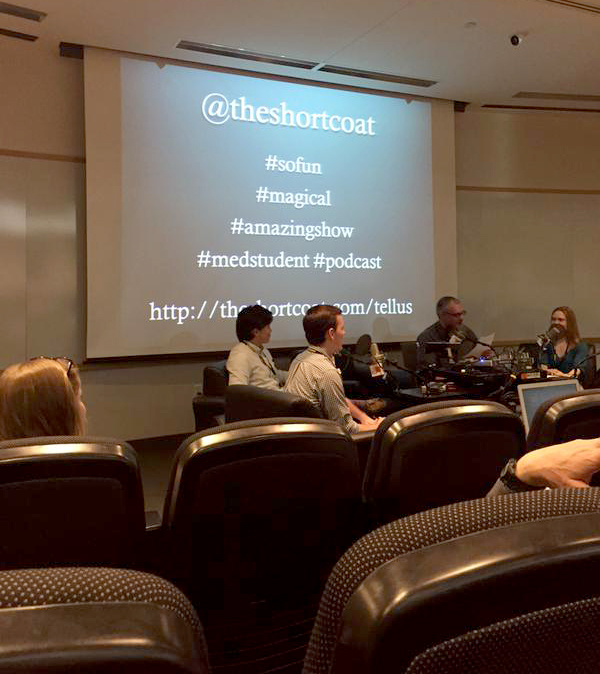Podcast: Play in new window | Download (Duration: 1:09:53 — 96.0MB)
Subscribe: Spotify | RSS | More
[Content warning: this episode contains frank discussions of death and dying that some listeners may want to skip.]
Doctors need to actually ask patients what a good death looks like to them
Medical students learn so much anatomy and pathophysiology, the social determinants of health, and the practice of medicine. Meanwhile managing death—one of two things every single patient experiences—gets squeezed into a few short lectures. It can sometimes feel like hospice and palliative care are afterthoughts.
Of course, med students train to be healers, to fix what is broken. But a conversation about the end of life, and the patients’ goals for that most solemn event, is so important that it’d be nice if physicians and physician assistants could do that without sweating through their scrubs.
That 89-year-old patient joking about being “ready to kick the bucket” needs a provider who can stop and talk when they’re asked what dying actually looks like. The family demanding “everything be done” deserves someone who stops to explain what “everything” really means. And the chef who refuses the feeding tube isn’t being stubborn—he’s making the most rational decision about quality of life you’ll hear all week.
PA2 Chloe Kepros, M2s Sarah Nichols and Nick Lembezeder, and M1 Jonah Albrecht discuss the economics driving end-of-life care costs, explore why palliative care should start at diagnosis instead of six months before death, and examine how their medical training creates providers who can make speedy life-and-death decisions for their patients, but don’t have time to process watching them die.
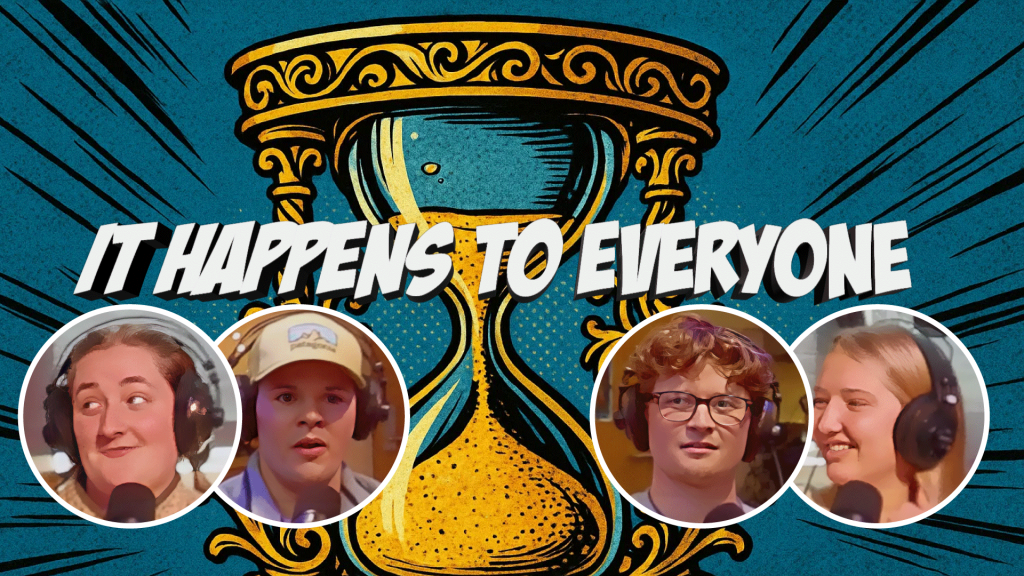
Episode credits:
- Producer: Chloe Kepros
- Co-hosts: Jonah Albrecht, Sarah Nichols, Nick Lembezeder
The views and opinions expressed on this podcast belong solely to the individuals who share them. They do not represent the positions of the University of Iowa, the Carver College of Medicine, or the State of Iowa. All discussions are intended for entertainment purposes only and should not be taken as professional, legal, financial, or medical advice. Nothing said on this podcast should be used to diagnose, treat, or prevent any medical condition. Always seek qualified professional guidance for personal decisions.
We Want to Hear From You: YOUR VOICE MATTERS!
We welcome your feedback, listener questions, and shower thoughts. Do you agree or disagree with something we said today? Did you hear something really helpful? Can we answer a question for you? Are we delivering a podcast you want to keep listening to? Let us know at https://theshortcoat.com/tellus and we’ll put your message in a future episode. Or email theshortcoats@gmail.com.
We need to know more about you! https://surveys.blubrry.com/theshortcoat (email a screenshot of the confirmation screen to theshortcoats@gmail.com with your mailing address and Dave will mail you a thank you package!)
The Short Coat Podcast is FeedSpot’s Top Iowa Student Podcast, and its Top Iowa Medical Podcast! Thanks for listening!
Continue reading The Universal Experience that Medicine Hates Talking About Most
